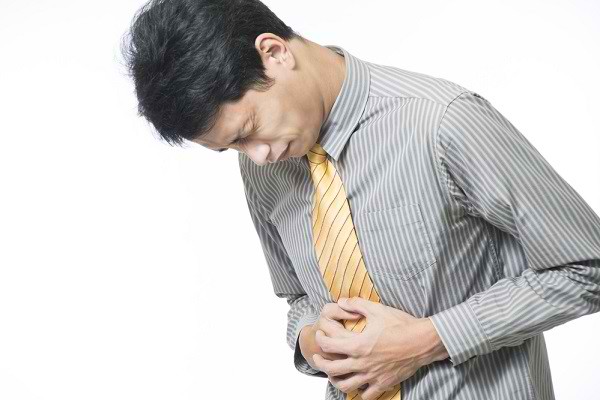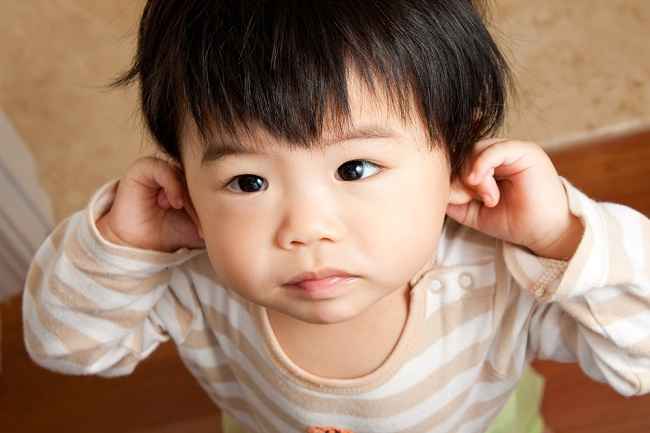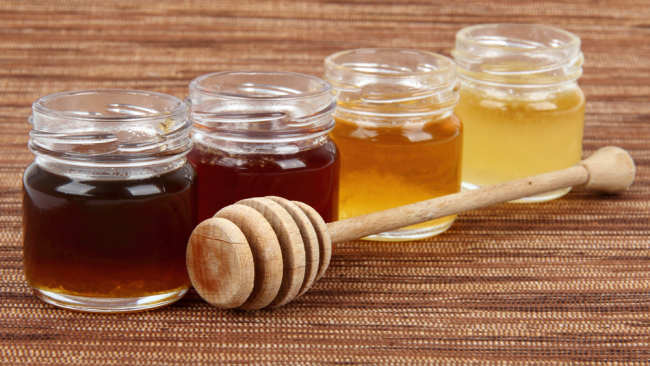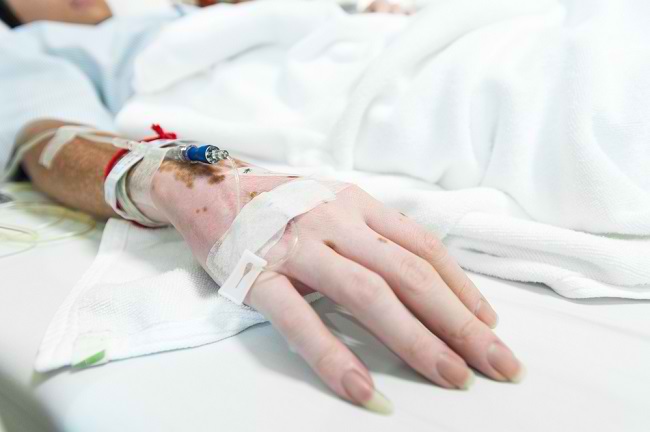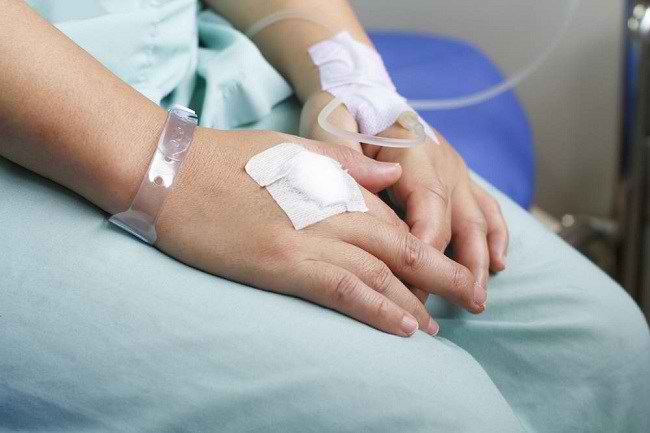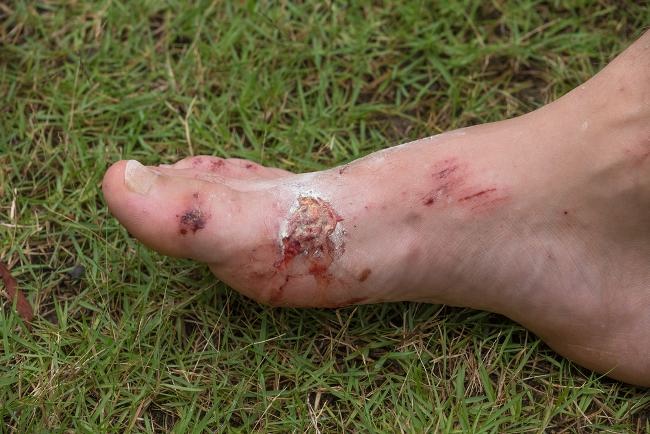Sinusitis is inflammation of the sinus cavities. Sinusitis can occur at any age, including children. Sinusitis in children can be caused by infection or other conditions outside of infection. To treat sinusitis in children, proper and appropriate treatment is needed.
At a mild stage, the symptoms of sinusitis in children are very similar to the symptoms of the common cold or ARI in children. But if left unchecked, sinusitis in children can get worse, even causing complications.

Symptom-GSymptoms of Sinusitis in Children
Several conditions can increase the risk of sinusitis in children, including frequent colds, allergies, disorders of the nasal cavity septum (septal deviation), and nasal polyps.
Children who have sinusitis will usually show the following symptoms:
- Nasal congestion for more than 10 days.
- Coughs and colds that don't go away.
- Mucus or mucus is green or yellow in color.
- Pain in the forehead and cheek area.
- Feels like swallowed mucuspost nasal drip).
- Fever.
- Mouth smells bad.
- Fussy and no appetite.
- Weak and powerless.
- The eyes and nose appear swollen.
- Mouth smells bad.
Sinusitis Treatment in Children with Self-Care at Home
Some treatments that you can do at home to relieve sinusitis symptoms in children are:
1. Increase the consumption of water
To relieve complaints and speed up recovery from sinusitis, make sure your child's fluid needs are met. If your child drinks enough water, the mucus will be thinner and easier to expel.
2. Kwarm water compress
In addition, you can also compress the child's nose area with a warm compress. The use of this warm water compress aims to relieve pain and help thin the mucus.
3. Guse a humidifier
You can install a humidifier in your bedroom or in another room that your child uses frequently. Moist air can help relieve nasal congestion experienced by children due to sinusitis.
4. Ienough rest
Also make sure your child gets enough rest. With enough rest, the recovery process for sinusitis in children will be faster.
5. Perform nasal rinsing (saline nasal irrigation)
Saline nasal irrigation is the act of spraying salt water or saline into the child's nose, to rinse the nasal cavity. This rinse is useful for relieving nasal congestion.
Medicines to Treat Sinusitis in Children
When your child has sinusitis, the doctor will prescribe medication to treat it. Some types of drugs that are usually given by doctors are:
1. Decongestants
This medicine can help relieve nasal congestion due to mucus buildup in the sinus cavities. Decongestant drugs are available in the form of oral tablets and nasal sprays (nasal decongestants).
2. Aantihistamine
If sinusitis in children is caused by allergies, the doctor will give the child an antihistamine. This drug is useful for reducing the child's body reaction to allergens.
3. Antibiotics
Doctors will give antibiotics if sinusitis in children is caused by a bacterial infection, or if sinusitis has resulted in complications in the form of a bacterial infection.
Sinusitis can also be treated with surgery, but the choice of treatment depends on the severity, the child's response to medication, and the preferences of the parents.
You need to recognize and be aware of the symptoms of sinusitis in children. If your child experiences the above symptoms, please consult a doctor immediately. The doctor will perform a complete examination to determine the cause and provide appropriate treatment.

